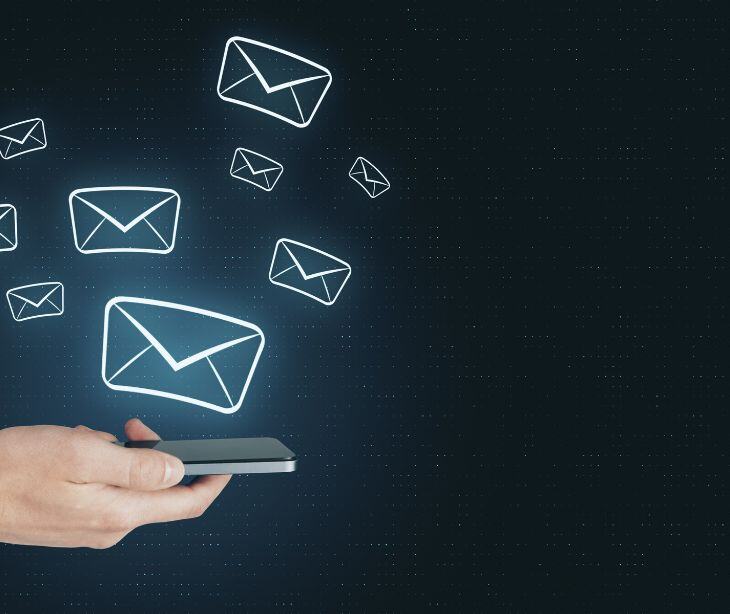
Yes, therapy check-in emails must be HIPAA compliant, as they often involve protected health information (PHI). HIPAA compliant email practices include using secure platforms with encryption, limiting information to general inquiries and non-identifiable progress details, obtaining patient consent, and ensuring staff training on HIPAA regulations.
PHI in therapy check-in communication
PHI includes any information that can identify an individual and is related to their physical or mental health, treatment, or payment for such care. PHI is a major consideration in therapy check-in emails, as these communications often involve discussions about a patient's well-being and progress. Recognizing this broad definition of PHI helps understand why therapy check-in emails must align with HIPAA compliant email practices.
Read more: What are the 18 PHI identifiers?
Considerations for HIPAA compliant therapy check-in emails
- Use of secure platforms: For secure therapy check-in emails, use platforms that follow HIPAA rules. These platforms use strong encryption to protect patient information both during sending and while stored.
- Limiting information in emails: Keep therapy check-in emails simple. Stick to general questions about well-being, reminders, and progress updates without specific health details. Balancing meaningful support with avoiding specific health information ensures HIPAA compliance.
- Obtaining patient consent: Always get permission from patients before sending check-in emails. HIPAA compliant consent forms should be more than just a formality; they should help patients understand why you're sending these emails. Being transparent about what information will be included and assuring privacy empowers patients to decide how they want to communicate.
- Staff training on HIPAA regulations: Staff sending therapy check-in emails need thorough training on HIPAA rules. This training isn't just about understanding guidelines; it builds a culture of responsibility and awareness among healthcare professionals, reducing the chances of unintentional breaches.
Navigating challenges in HIPAA compliant therapy check-in emails
While therapy check-in emails offer valuable benefits, healthcare professionals may encounter challenges with maintaining HIPAA compliance:
- Emergency situations: Responding to urgent situations via email poses risks. According to a HHS bulletin on HIPAA privacy, "in an emergency situation, covered entities must continue to implement reasonable safeguards to protect patient information against breaches." Establish clear protocols for patients during emergencies and encourage direct communication for timely assistance.
- Patient inquiries: Addressing patient questions in emails may inadvertently reveal sensitive information. Guide staff to respond to general inquiries while encouraging detailed discussions during scheduled sessions to ensure HIPAA compliance.
- Technology hurdles: Technical issues, like email breaches or system failures, can compromise patient data. Regularly update and test security measures, and have contingency plans to manage unforeseen technology challenges.
- Staying informed: The healthcare landscape evolves, and emerging technologies impact communication. Stay informed about advancements, attend relevant training, and regularly review and update protocols to adapt to changing trends and regulations.
FAQs
Can therapy check-in emails include appointment reminders with specific details under HIPAA?
Yes, therapy check-in emails can include appointment reminders with specific details like date, time, and location. However, you must avoid including additional patient health information beyond what is necessary for the reminder, adhering to the principle of least privilege.
Can therapists use personal email for therapy check-ins if it's encrypted?
While encryption is a good security measure, it's generally recommended to use professional and institutionally approved communication channels. Using personal email accounts, even if encrypted, may pose risks, and institutional platforms ensure better control and monitoring for HIPAA compliance.
How should healthcare professionals handle therapy check-in emails for minor patients?
For minor patients, obtaining consent becomes particularly important. Professionals should seek explicit consent from both the minor and their legal guardian. You must include the legal guardian in communications and ensure the minor is comfortable with the chosen communication method.
Read more: How does HIPAA apply to minor patients?
Subscribe to Paubox Weekly
Every Friday we'll bring you the most important news from Paubox. Our aim is to make you smarter, faster.



